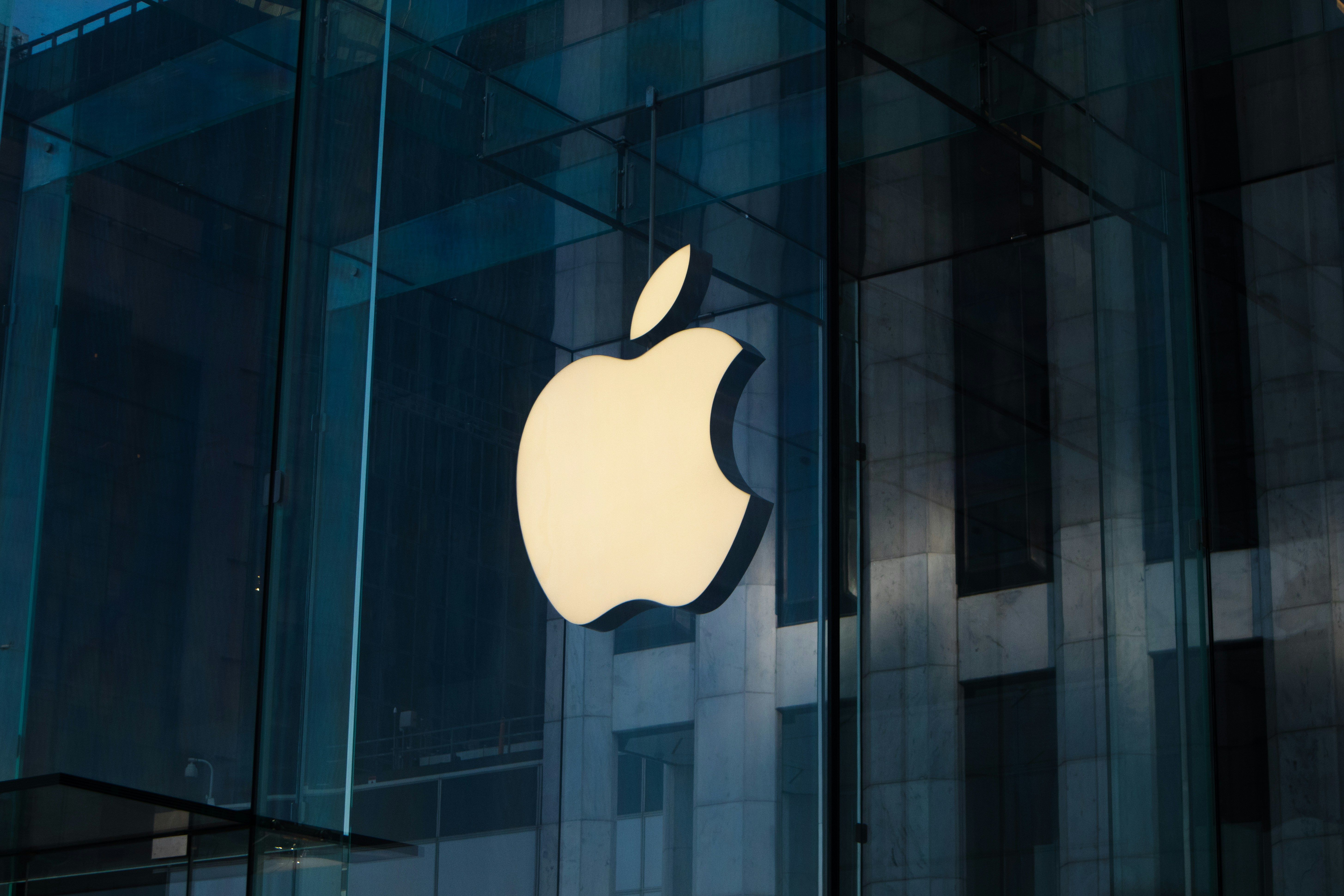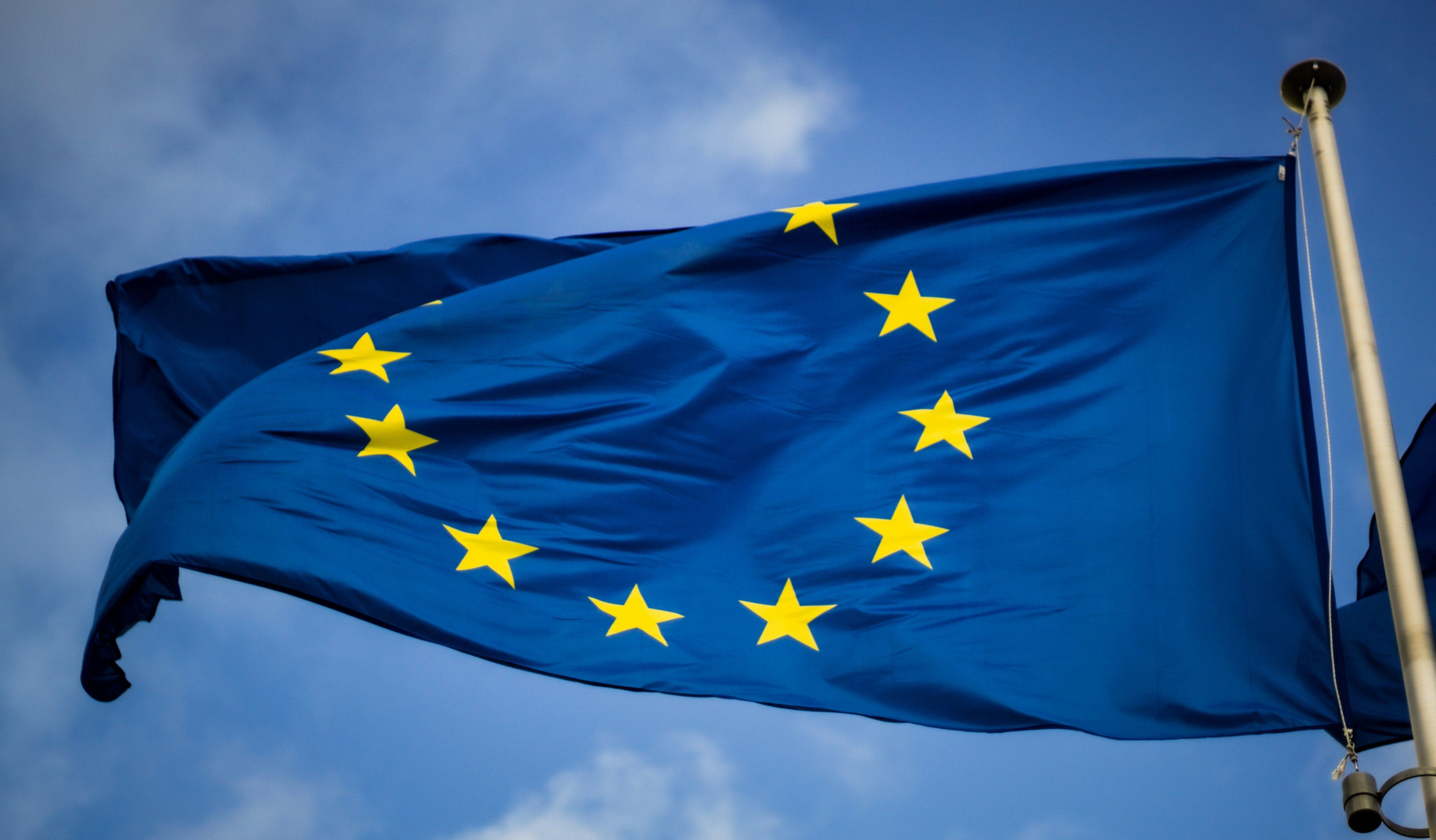Apple has recently announced significant concessions within its App Store operations in the European Union. This development marks a seminal moment in the shift toward increased flexibility and openness within the company's closely guarded app distribution practices. Historically, Apple has maintained a stringent control over the distribution of iOS apps, requiring developers to go exclusively through its App Store. This not only allowed the tech giant to ensure a secure and unified app ecosystem but also to collect commissions on digital transactions. However, recent regulatory changes and pressures within the EU have necessitated a recalibration of Apple's approach. The company will now allow developers to distribute their iOS apps directly from their websites, a move that sidesteps the traditional App Store route.
Direct Web Distribution of iOS Apps

Eligibility Criteria for Developers
With a significant shift in its app distribution policy, Apple now allows developers in the European Union to offer iOS apps directly from their websites. This change, expected to go into effect this spring, presents a pivotal alteration in how developers and consumers interact within the iOS ecosystem. The policy, authorized under the EU's Digital Markets Act, aims to foster a more open digital environment by enabling alternative pathways for app distribution.
To partake in this web distribution option, developers must satisfy a number of stringent criteria established by Apple. Firstly, only those who have been members of the Apple Developer Program in good standing for a minimum of two years are eligible. Additionally, their iOS app must have achieved more than one million first annual installs in the EU in the preceding calendar year. Developers must also opt into new App Store rules, which include a fee obligation for each user install post certain thresholds. This set of requirements emphasizes Apple's intention to maintain a high standard of quality and reliability for apps distributed outside the traditional App Store model, while also ensuring a level of control over which developers can utilize this distribution method.
Expected Impact on the EU App Ecosystem
The introduction of direct web distribution could significantly impact the EU's app ecosystem by empowering developers with more autonomy over the dissemination of their apps. This policy not only provides a viable alternative to the App Store but also potentially lowers the barriers for developers regarding app distribution costs. Furthermore, it could spur innovation by allowing developers to experiment with new business models and customer engagement strategies without being confined to the rules of the App Store. Consumers, on the other hand, may benefit from increased access to apps and potentially more competitive pricing as developers save on App Store fees. However, concerns about user safety and app quality may arise, challenging Apple and developers to maintain consumer trust.
Apple's Concessions under the EU's Digital Markets Act

Alternative App Marketplaces
In compliance with the EU's Digital Markets Act, Apple has made additional concessions to further open up its ecosystem to competition and innovation.
Under the new policy, developers now have the possibility to create their own app marketplaces that exclusively feature apps and games they have developed. This shift marks a significant departure from previous restrictions, enabling entities like Epic Games and Meta to offer their apps directly to consumers through dedicated iOS marketplaces. This move could redefine app discovery and distribution dynamics within the iOS ecosystem, offering developers a new avenue to reach users.
Linking Out to Purchase
Apple has also liberalized its stance on in-app purchases by giving developers more freedom to steer users to external webpages for transactions related to digital goods and services. Prior to this change, developers were constrained to utilize Apple-designed templates for such links. The relaxation of this requirement means services reliant on subscriptions and in-app purchases—such as Spotify and Netflix—can now circumvent Apple's 30% commission on app-based sign-ups, potentially passing on savings to consumers.
Design Autonomy for Promotions and Discounts
Enhancing the flexibility for promotions, Apple allows developers to design their promotional offers, discounts, and deals without adhering to pre-defined templates previously mandated by the company. This newfound autonomy empowers developers to creatively engage with their user base and tailor promotional activities to better reflect their branding and marketing strategies.
In essence, Apple's concessions under the EU's Digital Markets Act signify a strategic pivot towards a more open and competitive app ecosystem. While these changes are presently confined to the EU, they reflect broader industry trends towards increased flexibility and autonomy for developers, promising an evolving landscape for the distribution and monetization of apps.
The Debate over Apple’s Control

Concerns about the Core Technology Fee
The recent concessions by Apple to allow developers more freedom in distributing their iOS apps in Europe have sparked a significant debate about the company's long-standing control over its App Store.
One of the central points of contention is the introduction of the Core Technology Fee. Under the new App Store rules, developers who wish to distribute their apps directly from their websites will need to pay a Core Technology Fee of €0.50 for each first annual install exceeding one million in the past 12 months. This fee has raised concerns among developers about the economic implications of opting into web distribution. Critics argue that while the move towards web distribution appears to offer greater freedom, the associated costs might deter smaller developers from taking advantage of this opportunity, potentially limiting its effectiveness in fostering a more open app ecosystem.
The Argument for and Against Exclusivity in App Distribution
The debate also extends to the principle of exclusivity in app distribution. Historically, Apple has maintained tight control over the distribution of iOS apps, requiring all apps to be downloaded through its App Store. This exclusivity has been defended on the grounds of security, ensuring that all apps meet Apple's strict guidelines and protecting users from malware and other security threats. However, critics argue that this exclusivity stifles competition and innovation, as it limits developers' ability to reach users through alternative means and gives Apple undue power over the app market. The recent concessions, which allow for web distribution and the creation of developer-specific app marketplaces, represent a significant shift in Apple's approach, potentially heralding a more open and competitive environment.
Comparing Apple's Approach to Android

Similarities and Differences in Sideloading Policies
The changes to Apple's app distribution policies in Europe have led to comparisons with Android's more open app ecosystem.
Both Apple and Android now allow for sideloading, the process of installing apps from sources outside of the official app store. However, significant differences remain in their approaches. Android has long allowed users to install apps from third-party sources, with fewer restrictions and without the need for developers to pay fees for web distribution. In contrast, Apple's new policy restricts web distribution to "authorized developers" who meet specific eligibility criteria, including a significant threshold for app installs and the payment of the Core Technology Fee. These differences underscore the contrasting philosophies of the two companies regarding app distribution and developer freedom.
The Future of App Distribution in the EU
The recent changes by Apple signal a potential shift in the landscape of app distribution in the EU. With the Digital Markets Act pushing for more openness and competition, Apple's concessions may set a precedent for further reforms in the app ecosystem. As developers and consumers in the EU begin to experience greater freedom in how apps are distributed and accessed, it will be interesting to see how both Apple and Android adjust their policies in response to evolving regulatory and market dynamics. The ultimate impact on innovation, competition, and user choice in the app market remains to be seen, but these developments represent a significant step towards a more open digital environment in Europe.







